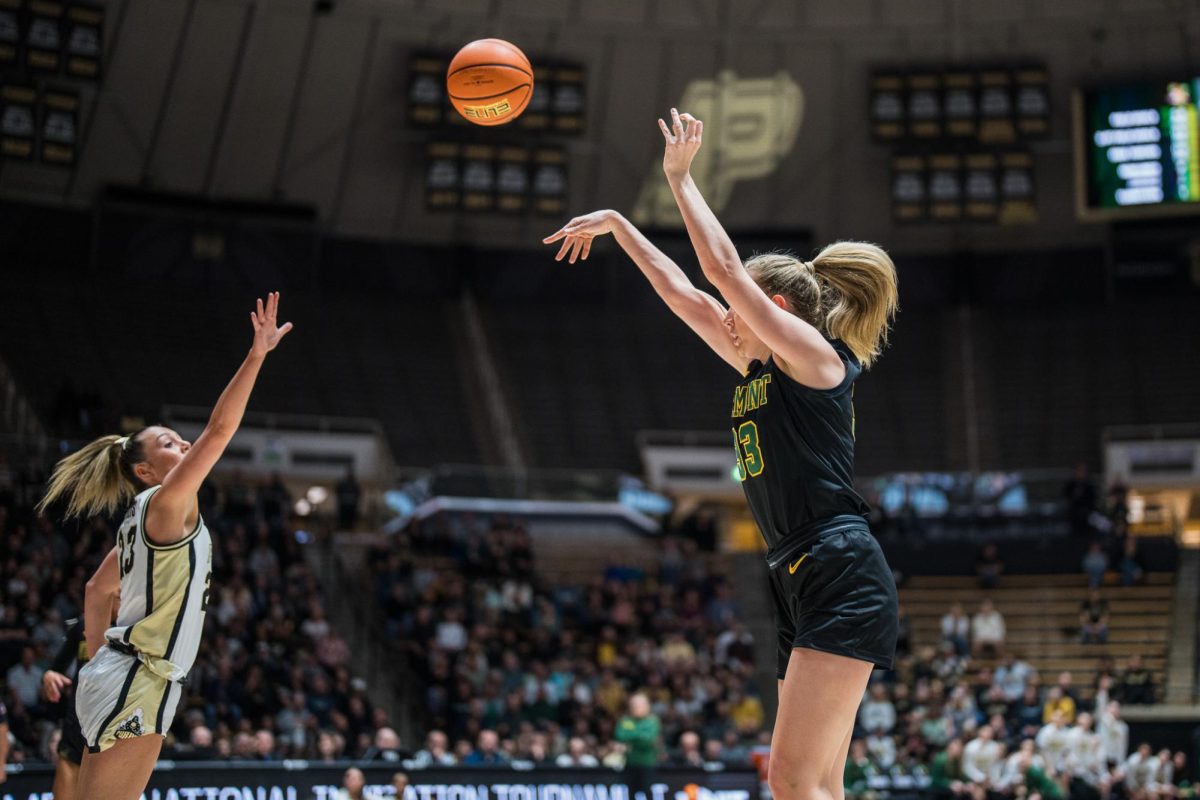When you read great sports literature in Sports Illustrated and elsewhere, you rarely come across meaningful reflections and commentary about sex.
But the fact is that sex and sports are as inextricably linked as any other phenomena in contemporary pop-culture. Sex appeal – used as an advertising tool in every market – is rampant in everything from television commercials, magazine and newspaper advertisements, game-day attractions and it has even become embedded into the very sport itself. Professional sports would not be the billion dollar businesses they are without the strategic integration of sex-appeal at every level of consumer exposure.
The simple fact is that sports advertising is predominantly driven toward one demographic: teen and middle-aged males. I know that this isn’t a totally fair generalization but it’s the one most companies make when they decide how and where to allocate their revenue for advertising.
Beer and liquor, beauty products, tobacco and clothing advertisements of course dominate the commercial cycle, but brands of all kinds have experimented with sexual imagery in an attempt to attract consumers.
Take for example the GoDaddy.com brand. This company – which primarily serves as an internet domain registrar – was literally born out of popularity generated by their highly sexualized and risqu?© advertisements.
This year, in fact, during the Super Bowl we were all subjugated to the imagery of Bar Rafaeli sucking face with a quintessential caricature of the four-eyed, over-weight loser.
Godaddy.com continues to use shock-and-awe sexual imagery to attract interest to their brand and if an internet domain registrar can successfully utilize this tactic, many more will likely follow suit.
Clearly the gender gap is apparent in sports advertising but the gap in exposure of men’s and women’s sports is far more pronounced. While participation and popularity of women’s sports has increased in the last several decades, the national sports media pays very little attention to female athletics.
According to a 2010 Purdue University study, the uber-popular ESPN news show SportsCenter, devoted only 1.4 percent of its airtime to woman’s sports. Another recent report in TIME magazine found that major television networks in the U.S. devote just 1.6 percent of airtime to women’s sports – and across TV and print media, female athletics makes up, at most, 8 percent of overall sports coverage.
And when the public and media directs attention toward female athletics, we often single out athletes for celebration based on attractiveness and beauty rather than achievement. Take for example, women’s tennis.
One of the most recognizable names from the last several decades has been Anna Kournikova despite her less-than-overwhelming success in the sport itself.
Similarly, the LGPA released their first ad in four years featuring the beautiful Natalie Gulbis. Gublis, however, ranks no. 108 in the world currently, which begs the question why she would be featured at all.
Certainly the NFL or the NBA would never feature the 108th best player in their league in any advertising campaign whatsoever.
There should be some indignation at this point. But the fact is that this is the environment we live in as professional sports fans. Personally, I get as much enjoyment from the woman’s world cup and the Olympics – two of the most popular events for women’s athletics – as any other event, but the infrequent occurrence of such events pose problems for sustainable interest.
I started this article by casually observing the lack of discourse on sex and sports as inseparable phenomena in influential sports literature. But when you think about the ways in which gender and sexuality are portrayed in sports culture and the potential impacts of that portrayal, the lack of meaningful discourse on the subject should be considered quite alarming.
















